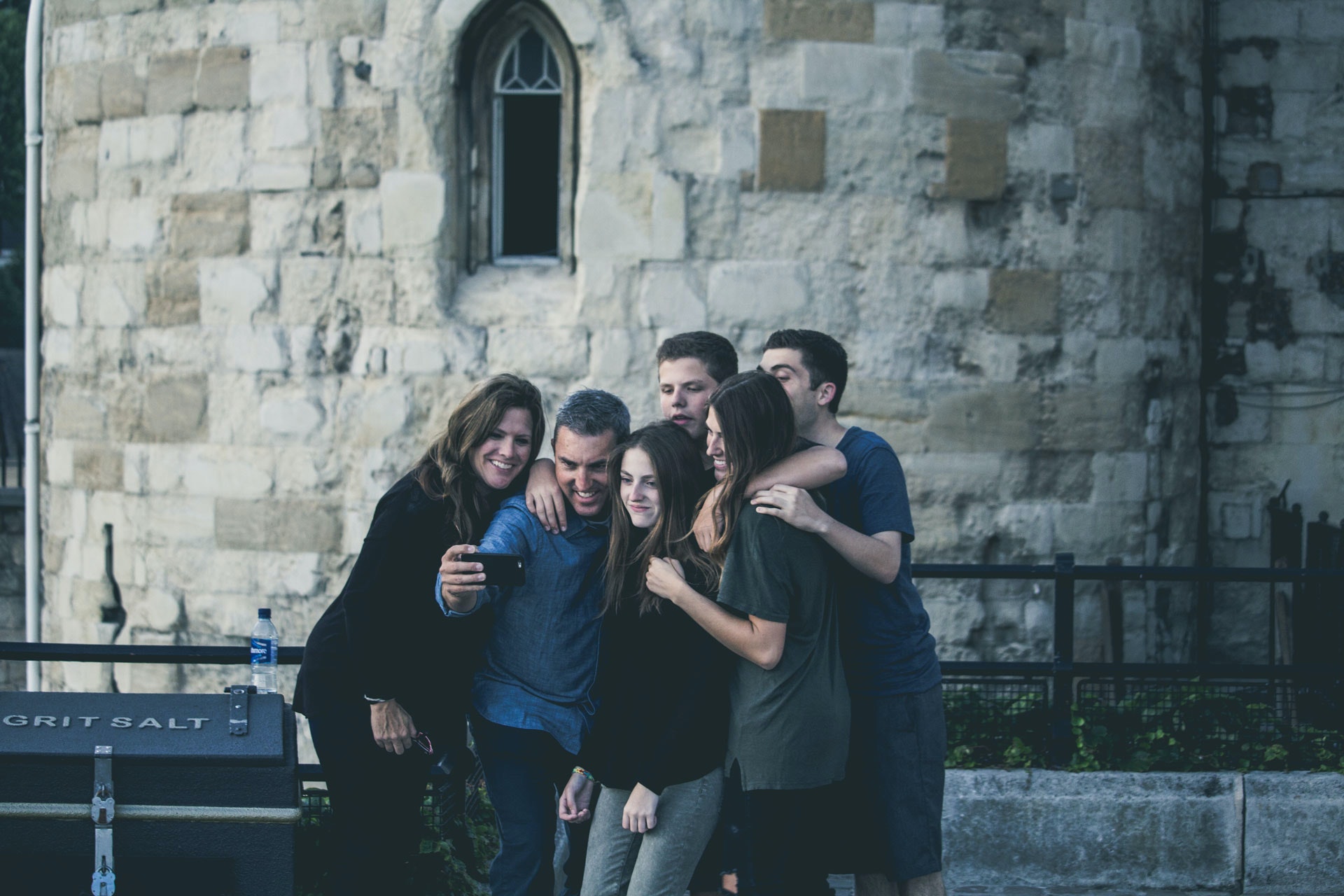Addiction drives people into their basements; they may spend a lot of time down there. When they do come upstairs and look around, they observe what has changed: while their yard is still a mess, their neighbors have cleaned up and moved on with their lives.
Continue readingPreparing for Facility Placement
Guided discussions for considering treatment center placement.
Continue readingHow A Dog Named True Became My Higher Power
Considering a higher power prevents many people from joining 12 Step programs, I got over this hurdle by making my dog my higher power.
Continue readingThree Days Before Treatment
In the days following the intervention, the family should expect that the individual will drink or use even more than they were before—sort of a “last hurrah.” This can be very difficult to watch.
Continue readingConsidering Treatment: Common Last Minute Questions
A few common roadblocks come up with almost everyone heading to or considering treatment – always asked after the decision has been made to go to treatment and always used as road blocks to not go to treatment.
Continue readingTreatment Trauma: The Intervention Gone Wrong
An intervention done properly is actually a very loving meeting. A good intervention is about enabling the suffering person to understand their situation – the goal being to get them to acknowledge that they need help and begin to ask for it.
Continue readingInterventions and Rehab Placement Services: What’s the Difference?
If the person that needs help is willing to engage and wants to go to treatment, the service that’s best for you will probably be Rehab Placement Services. However, if the affected person is not actively engaged and is unwilling to consider treatment, you may need Intervention Services.
Continue readingThe Intervention is Just the Beginning
After successfully placing a newly recovering person suffering from addiction in a treatment facility after an intervention, your work with Suntra may not be over. To a certain extent, the hard work is still to come. The intervention is just the beginning.
Continue readingTrauma from The Closet: The Formative Years
To cope, I developed a false persona. It wasn’t intentional, it wasn’t fully conscious, but for ten years I lived a painful, false existence. Every morning when I woke up, I woke up in extreme fear of being found out for who I really was. So I quickly put on a mask and lived as my false self.
Continue readingThe Early Treatment Discomfort: It Will Change
After admission to a treatment facility, families can expect “the call” from their loved one asking them to leave treatment.
Continue readingThe First Meeting is the Most Important
I have two sobriety dates that are meaningful to me: the date that I attended my first 12 Step meeting, and the date that I finally committed to living a life of abstinence—a date so important to me that I had it tattooed on the back of my arm.
Continue readingDon’t Say These Things During an Intervention
the family lose all control if two people enter attack mode. It can be frustrating, certainly, for loved ones to hear that an intervention is not actually the right place to give their family member a piece of their mind—to let them know how much they’ve hurt the family as a result of their addiction—but that doesn’t mean that there will never be a time.
Continue readingCoaching for Airline Pilots
When I was struggling, I decided to go it alone—and it was a much harder way to go. Today, I’m here to listen to pilots and help them figure out what is right for them. Despite the restrictions of the system, I advocate for pilots to get help, ask questions, and seek answers.
Continue readingWords of Recovery: Stop the Fight
We can start with the fact that “powerless,” “unmanageable,” and “God” are just words! Those three words don’t make up the entire program.
Continue readingIntervention: Creating a Plan with the Family
Before an intervention, we spend a lot of time with the family discussing plans, including contingency plans. Usually the simple act of putting a plan into place will offer the family a lot of relief.
Continue readingAn Interventionist: Five Reasons to Use One
lcohol. I like to think of coaching as a way to bring recovery into “real life.” Treatment centers and therapy can also be very useful, but recovery coaching is unique in that it focuses on on-the-ground problem solving for the day-to-day.
Continue readingClose to Relapse: As Prescribed by a Doctor
My injuries were so severe that my doctor put me on an opiate painkiller, which I didn’t know much about at the time. Nor did the general population: it was just before the opiate crisis became a national news story.
Continue readingPersonalized Recovery Solutions for People with Substance Use Disorders
Suntra creates recovery plans that work for the individual as well as the family, offering the highest level of discretion, privacy, and convenience.
Continue reading12-Steps: From Imperfection to Perfection
I don’t know how I got to 12 years, but I do know that I stuck out going to recovery meetings; I have few that I regularly attend, week after week, year after year. My friends are in these meetings. I recognize just about everyone in attendance, and I look forward to going and catching up with them weekly.
Continue readingAftercare: Reintegrating the Family
Returning home, after treatment, is where the rubber meets the road in recovery. Most treatment facilities have family programs where clinicians begin working with the family as soon as the patient checks in. This can be key to long-term success, for both the patient and the family.
Continue reading



















